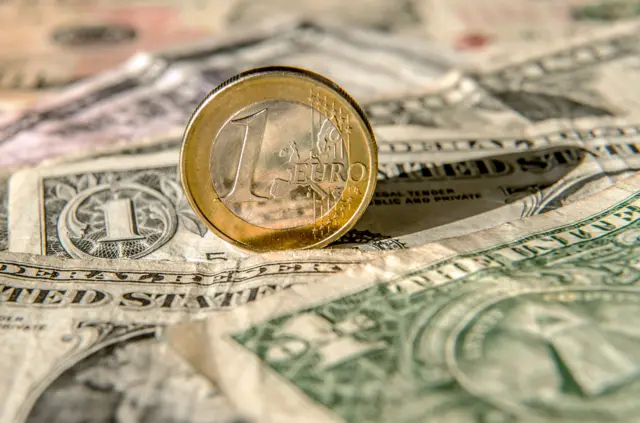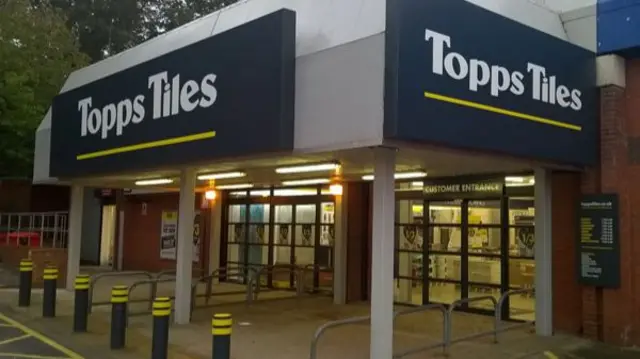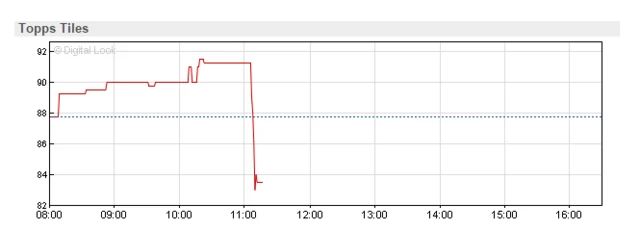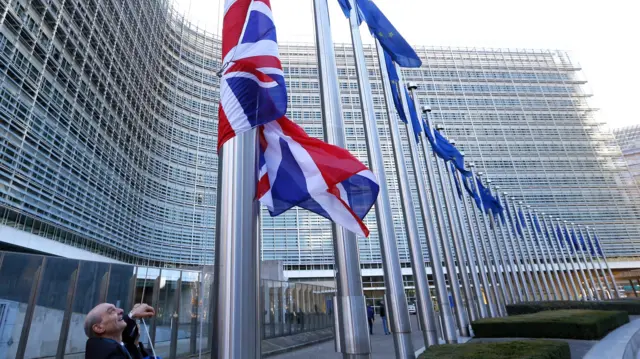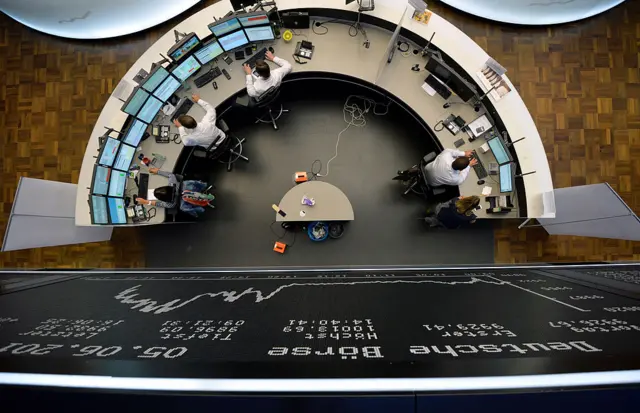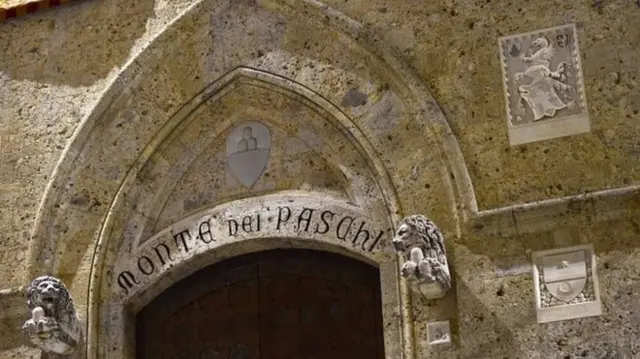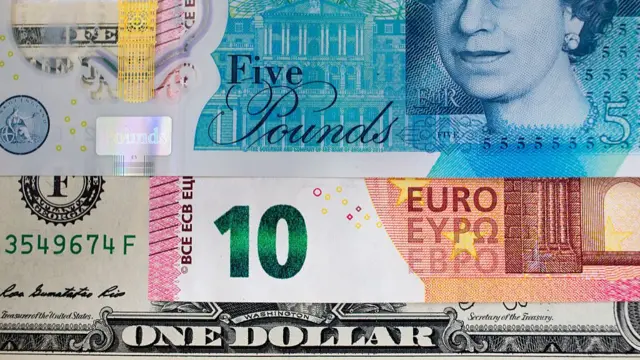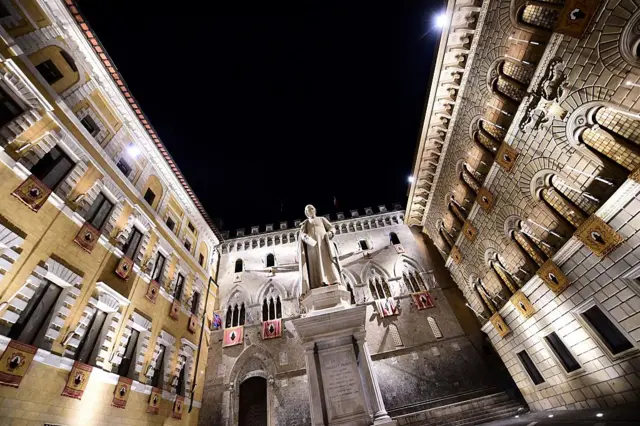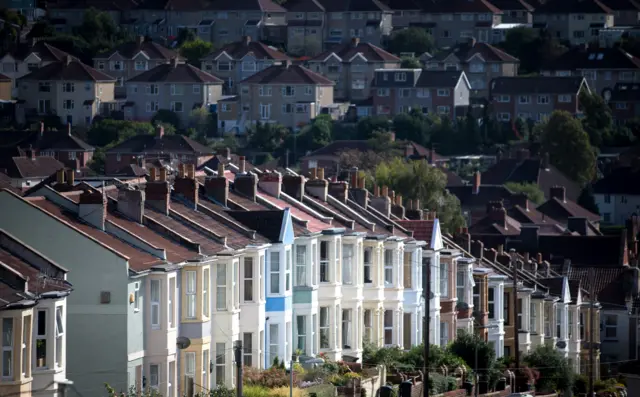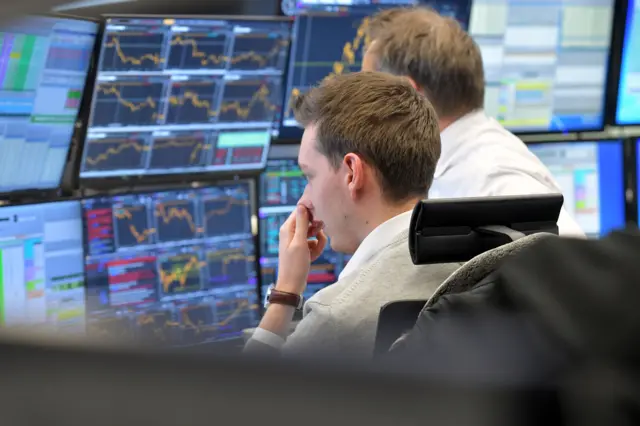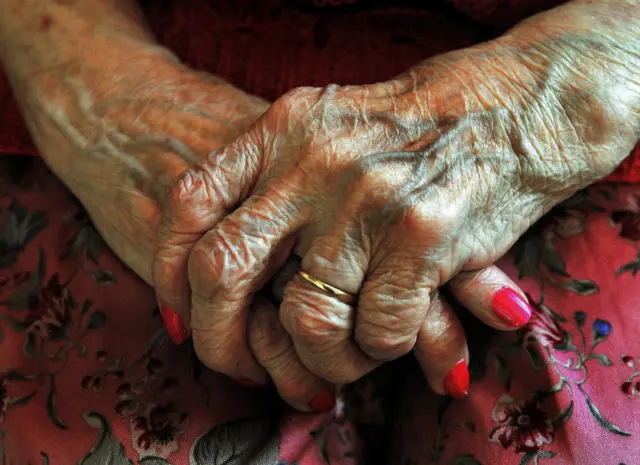UK service sector growth 'continues to strengthen'published at 12:38 GMT 5 December 2016
 Image source, Getty Images
Image source, Getty ImagesGrowth in the UK's key service sector continued to strengthen last month, according to a closely watched survey.
The IHS Markit/CIPS purchasing managers' index, external for the sector rose to 55.2, up from 54.5 the previous month and the highest figure since January.
A figure above 50 indicates that the sector is expanding.
IHS Markit said the service sector remained on a "firm growth path", with the UK economy "resiliently robust", despite uncertainty over Brexit.

